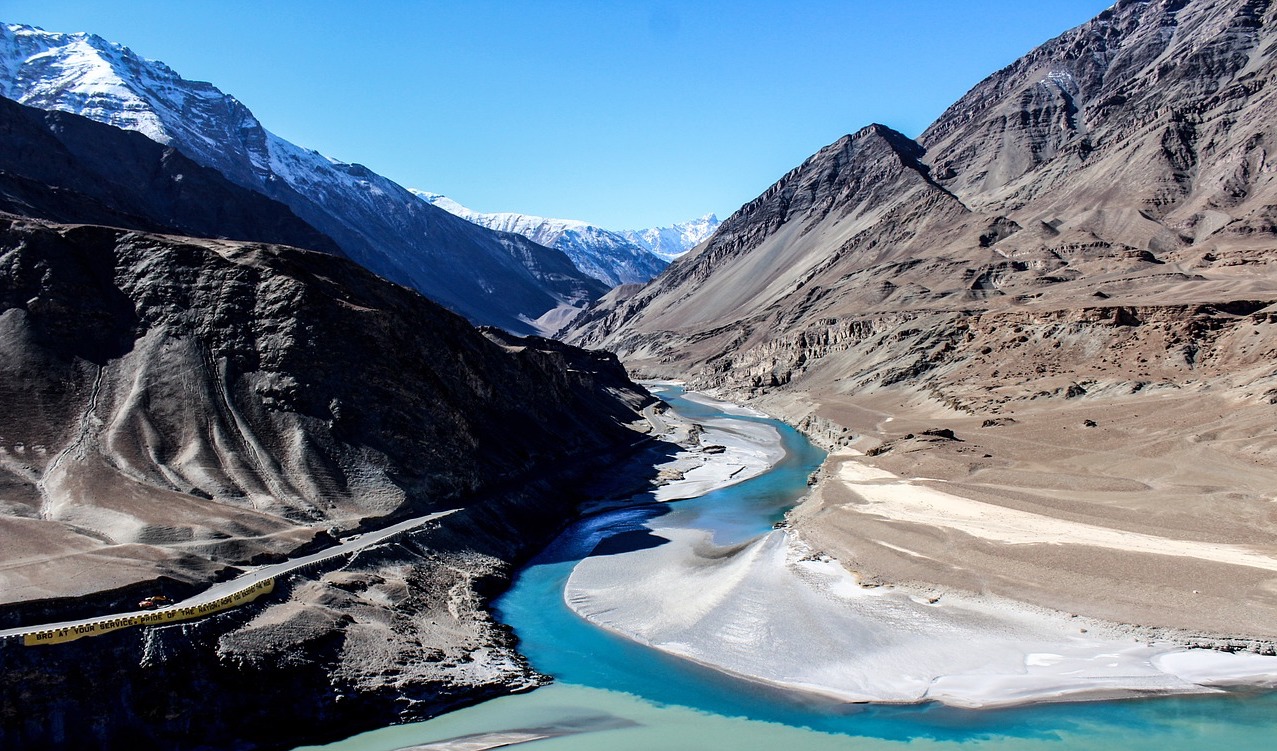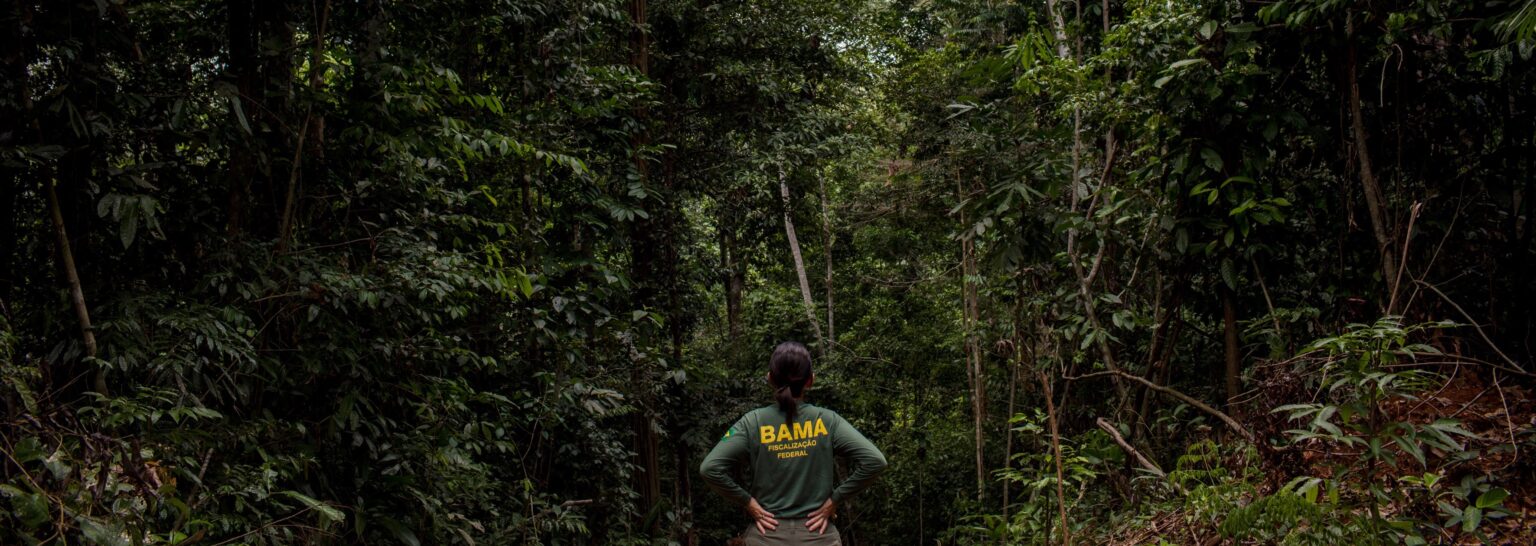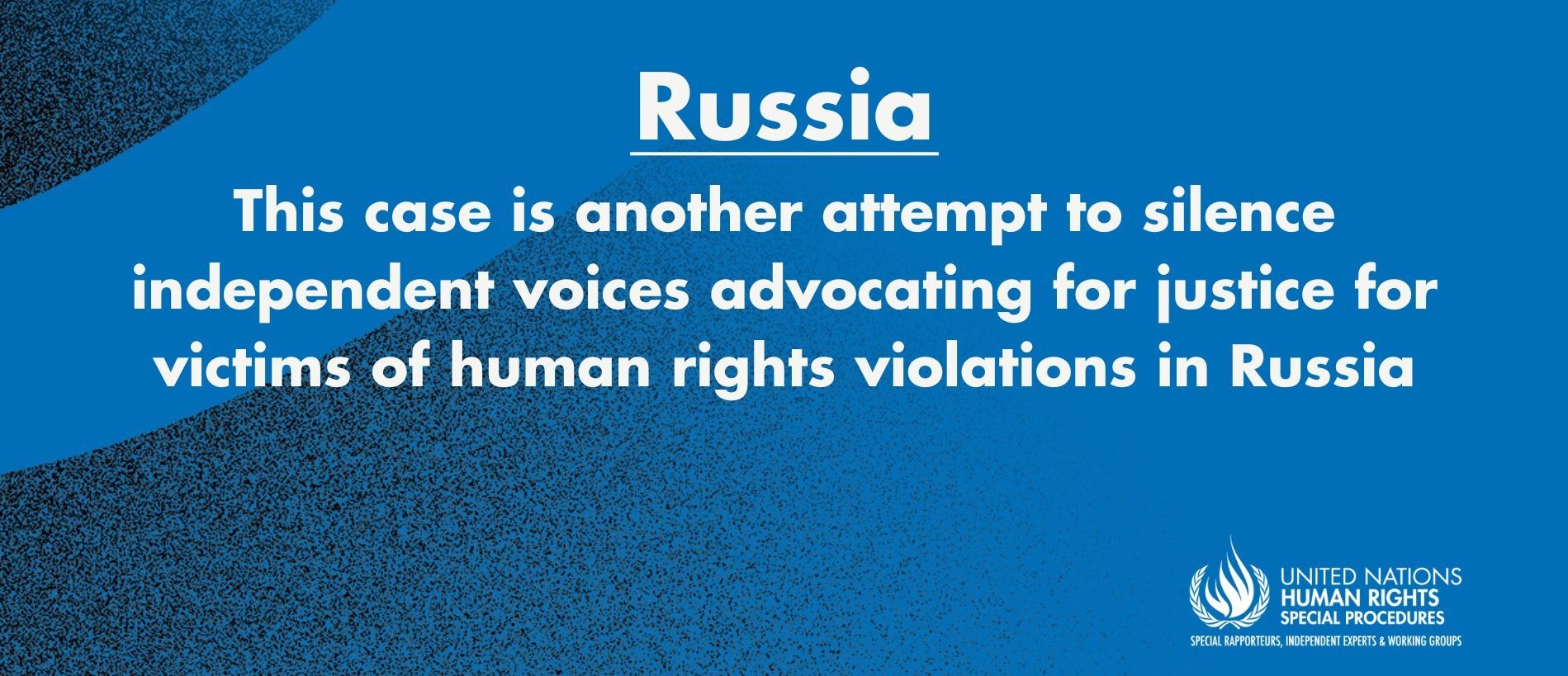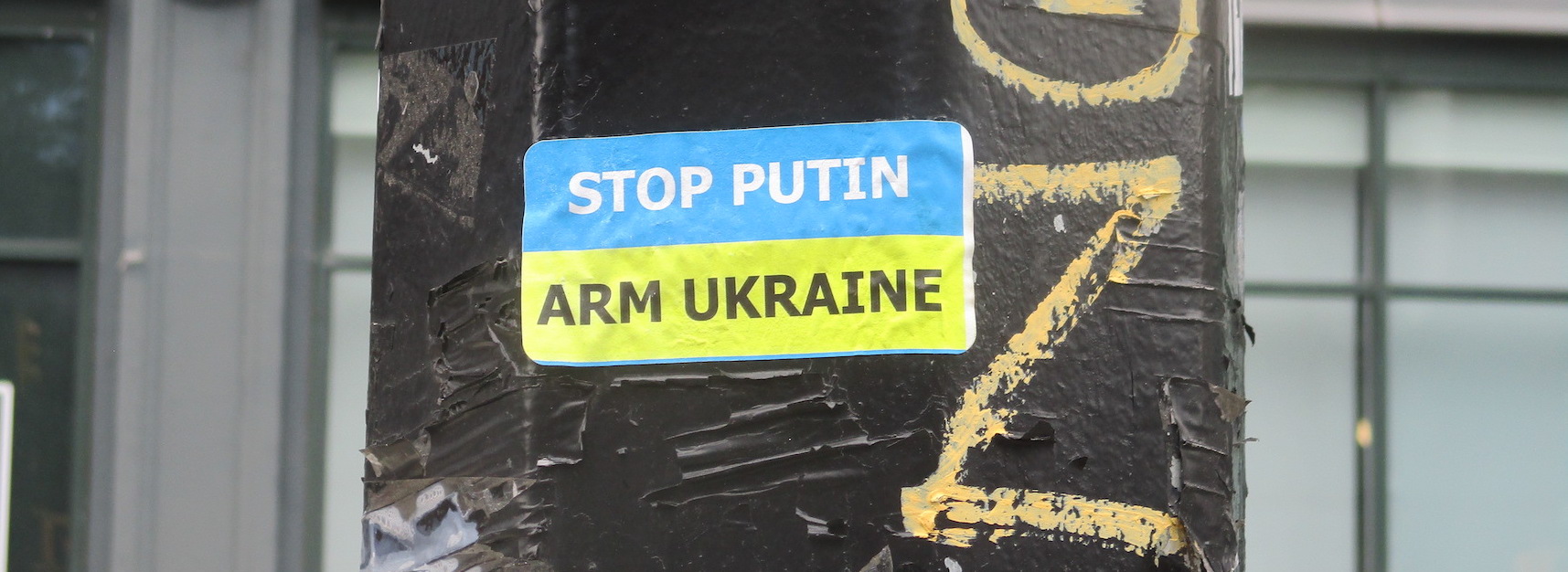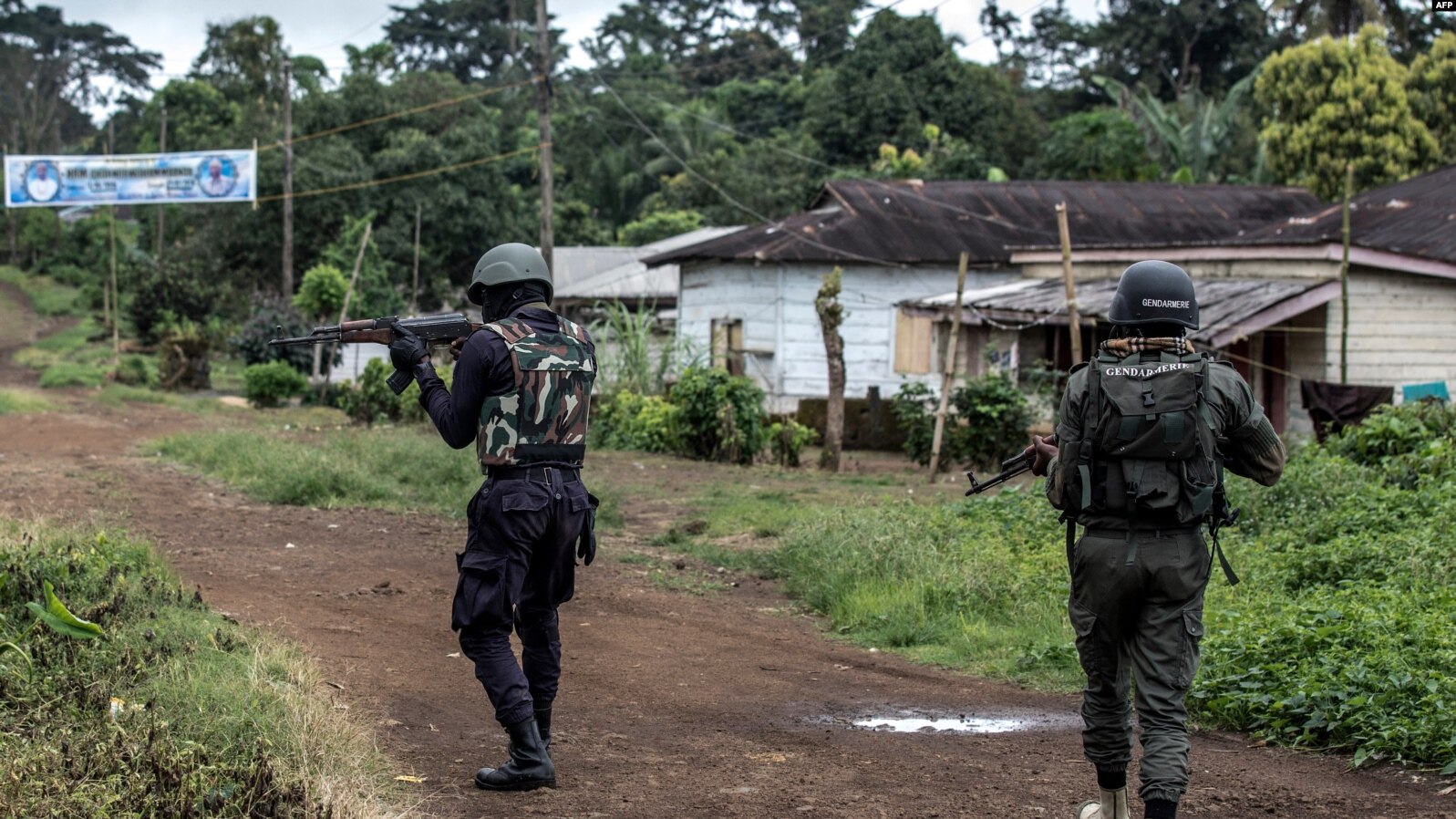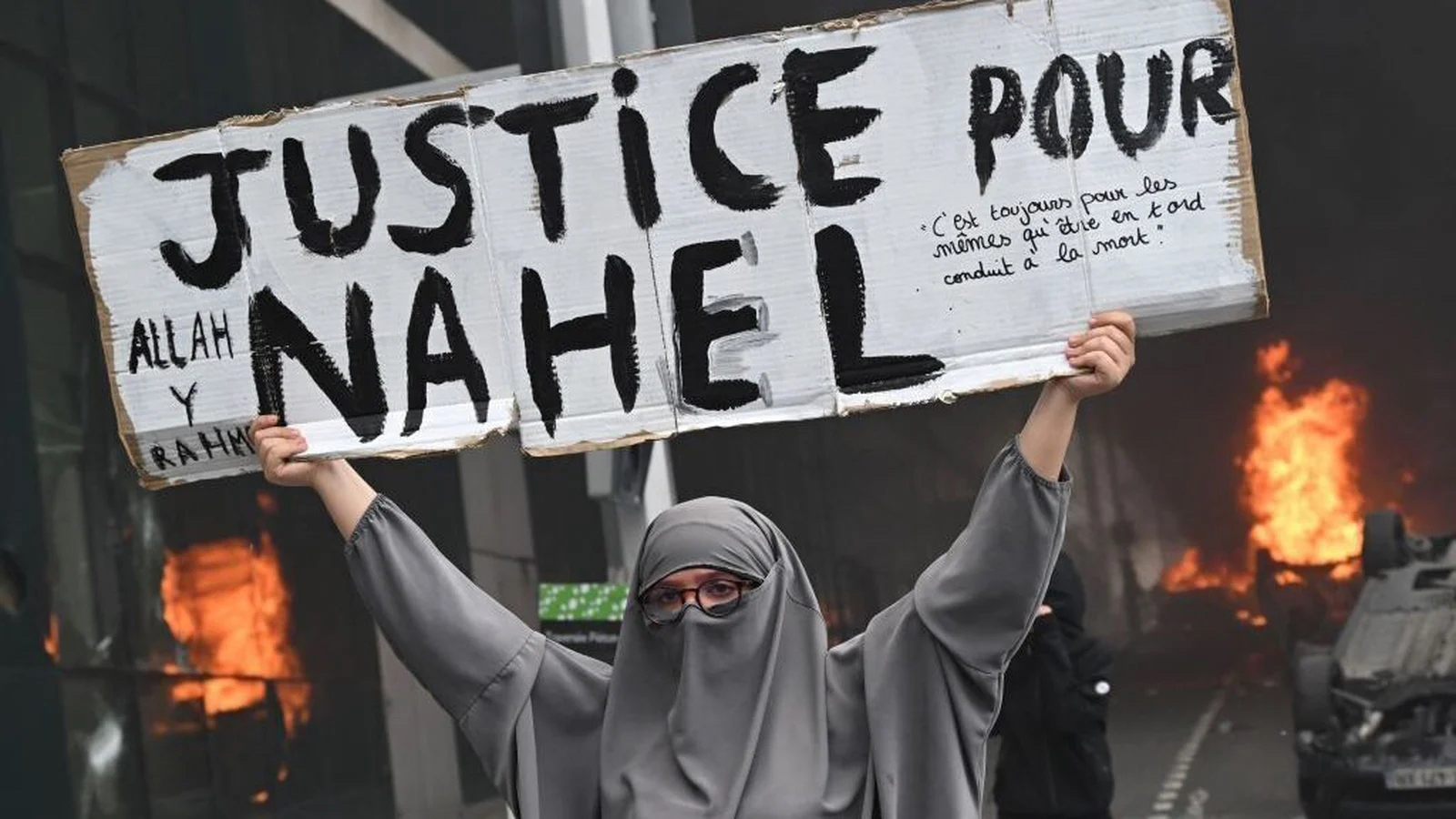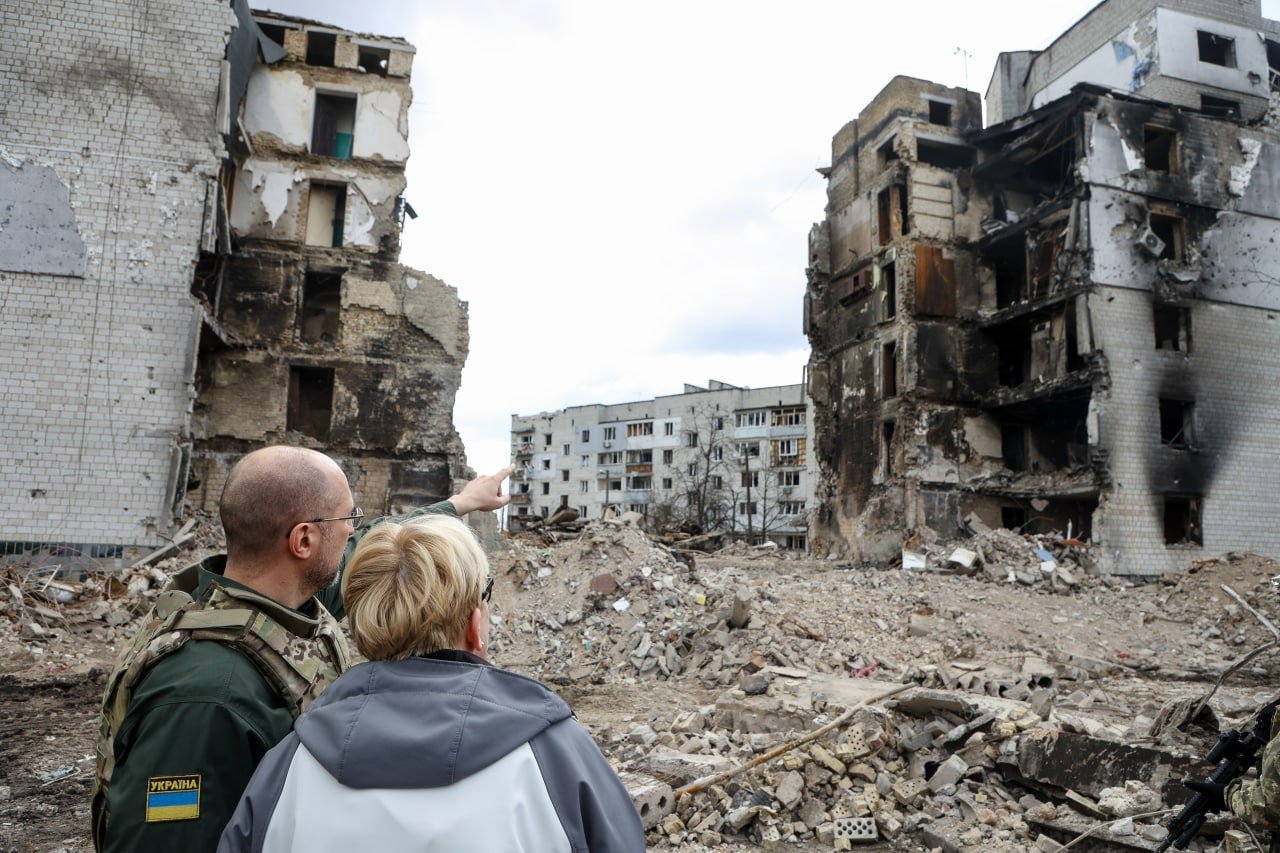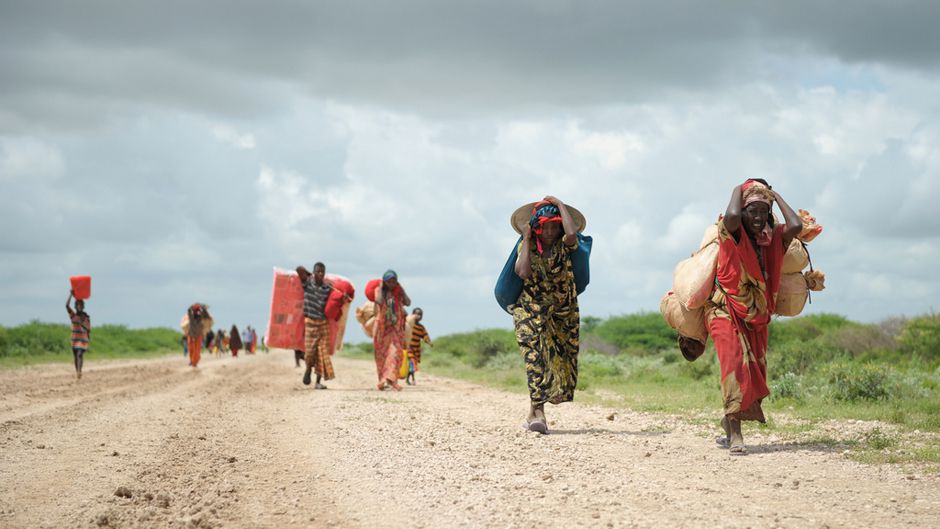
Podcast: artificial intelligence and the abolition of truth
In Episode 182 of the CounterVortex podcast, Bill Weinberg takes heart in SAG-AFTRAjoining the Hollywood writers’ strike, demanding limits on the use of artificial intelligence by the industry. This is a sign of human resistance to robot rule and the growing hegemony of silicon-based “intelligence” over carbon-based intelligent life-forms. Although journalists are not yet at risk of being rendered redundant as script and copy writers are, Weinberg’s own trade of journalism is already being impacted. The post-truth zeitgeist and online cognitive environment of total propaganda is set to become exponentially worse, quantitatively and qualitatively, with the advent of “deep-fakes,” indistinguishable from actual reality. Objective truth, even as a concept, is about to be abolished—unless the human race stands up and says no to AI, before it’s too late. Contrary to the dogma that the “advance” (sic) and ubiquity of this technology is inevitable, resistance is possible. Italy has banned use of ChatGPT within the country. Listen on SoundCloud or Patreon. (Image: Earth First! Newswire)



